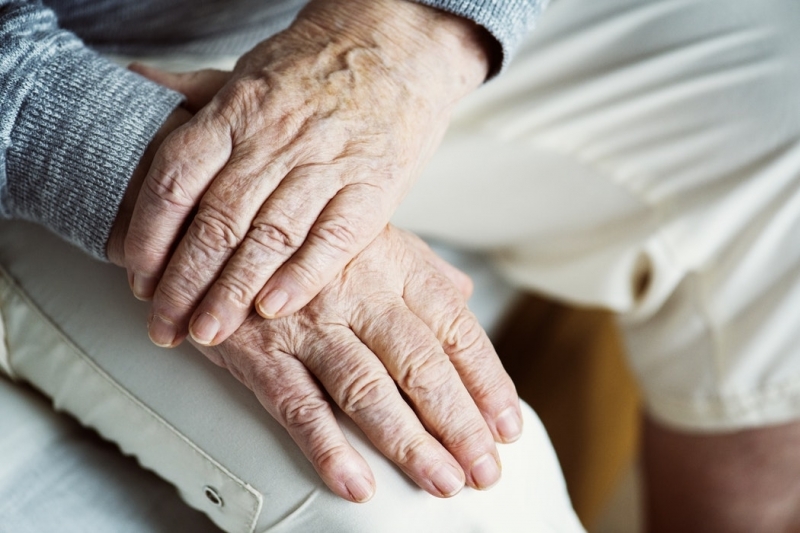
Studies reveal that a significant number of elder abuse cases go unreported, with fewer than 5% disclosed (Lifespan of Greater Rochester, 2011). Furthermore, a significant number of reported cases do not progress through the criminal justice system due to a lack of familiarity with effective investigation and prosecution strategies (Brandl et al., 2007). Among the challenges presented in prosecuting these cases are deeply embedded misconceptions about offenders (who may be intimate partners, adult children, other family members, or strangers) and victims; victim behavior that jurors may find difficult to understand; complex financial, medical, and forensic evidence; and witness intimidation.
Successful investigation and prosecution of elder abuse cases requires effective collaboration between prosecutors, law enforcement, judges, advocates, health care providers, and social service professionals - all of whom may come into contact with victims. In addition, these allied professionals require specialized discipline-specific training, multidisciplinary cross training, and ongoing technical assistance in order to improve the quality of justice in elder abuse cases by increasing victim safety and offender accountability.
National Institute on the Prosecution of Elder Abuse
NIPEA explores the complex issues faced by prosecutors in balancing offender accountability with the impact of criminal prosecution on victims. In addition to practical case evaluation and litigation skills, the curriculum examines the benefits of developing a coordinated, victim-centered community response; explains common injuries and relevant medical evidence; provides guidance on the use of medical experts; explores ethical issues confronted by prosecutors; addresses the development and improvement of culturally-specific victim services; and offers prosecutors the ability to redefine outcomes and the very nature of justice in elder abuse cases.
- INITIATIVE PARTNERS
- National Clearinghouse on Abuse in Later Life (NCALL)
- FEATURED RESOURCES
-
-
-
-
-
-
- OTHER RESOURCES
-
-
-
-
-
-
-
-
-